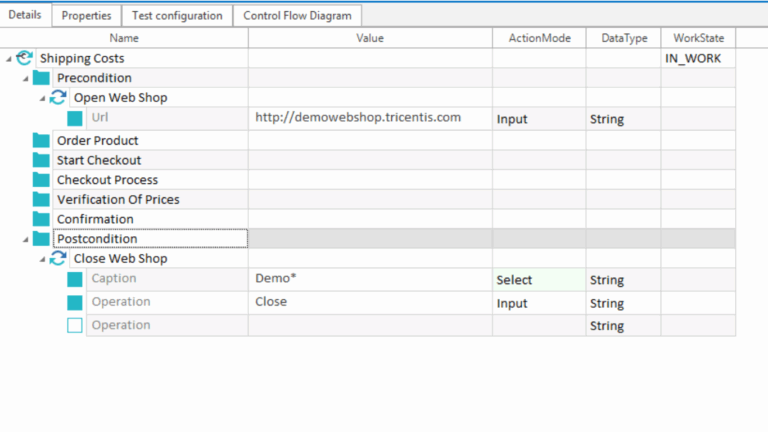Business analysis is a discipline that aids in making an organisation’s operations more productive, successful, and high-quality. Additionally, it involves the procedure of assessing and enhancing an organisation’s performance.
Business analysts are able to examine a company’s operations, find areas for development, and determine the resources needed to put those improvements into practice. Following that, business analysts can use this data to advise senior management on how to continue putting these changes into effect. Business analysts play a vital role in how an organisation operates and they are essential in making sure businesses make the right business decisions. Therefore, they are a valuable asset in any organisation that wants to be of good value.
Business analysis and organisations have a history that can be traced back to military strategy, where generals utilised it to assess the strengths and weaknesses of their forces in order to decide how to best deploy them on the battlefield. In 1952, General Electric published an article titled “An Introduction to the Study of Management Function,” which is when the phrase “business analysis” was first used.
Consequently, there is a symbiotic relationship between business analysis and the organisation. The more of one you have, the more of the other you have. An organisation gains benefits from business analysis when it uses it to make better decisions, enhance its procedures, and keep its competitive edge. Check out the online business analysis certification course to learn how business analysis is an essential concept needed in building the value of an organisation.
The goal of business analysis practice in an organisation.
Finding solutions to enhance business operations is the aim of this practice. The outcome is an action plan that the organisation will use to carry out its goals, objectives, and actions.
Business analysis will assist management in streamlining operations within a company so that time and money are saved. Additionally, it can assist with compliance challenges like GDPR or PCI DSS.
Benefits of Business Analysis Processes to an organisation.
Business analysis is a procedure that examines how an organisation’s business operations and activities are carried out.
The business analysis process gives value to an organisation by assisting it in making defensible choices regarding its goods, services, and operational procedures.
An organisation can identify problems, develop solutions, and assess the effectiveness of those solutions with the use of business analysis. This can lower costs and help businesses operate better. Making sure that all relevant inputs are incorporated into the process is one way that business analysis may be helpful. A corporation that is developing a new product must understand the materials and resources required to manufacture it. By doing this, they may avoid always having too much merchandise on hand.
Business analysis also benefits an organisation by providing leaders with information on how their goods and services compare to those of their rivals. Instead of having to manually calculate each metric’s value each time they want to compare it to another company’s numbers, business analysts can study these metrics using data analysis techniques like statistical modelling or simulation techniques. This will allow executives to compare them with other companies’ data sets easily (although this can certainly be done if desired).
The processes involved in business analysis include:
- Insight analysis: In this step, trends in the data are found by examining data from many sources and using sophisticated techniques. This is how you may spot places where your present methods might need to be modified or where there are chances for growth.
- Analysis and Review: Analysing your data can provide you with a better understanding of what is or is not working, enabling you to create new strategies or tactics as necessary. By supplying people with the knowledge they can use to make informed decisions, this phase also contributes to the development of trust amongst stakeholders.
- Project management: Overseeing all of these activities to prevent them from spiralling out of control, is the final step in the process.
Conclusion
By examining the issue from all angles, researching various strategies, and creating solutions that are effective for the business, business analysis methods assist an organisation in achieving its goals. Research and interviews with customers, suppliers, and internal personnel are used to learn more about a problem. The findings of the study can be applied to the creation of new goods or services that will more effectively satisfy the needs of consumers. A quality online business analysis training program will outline how business analysis increases an organisation’s value.





























